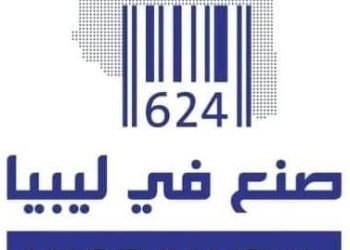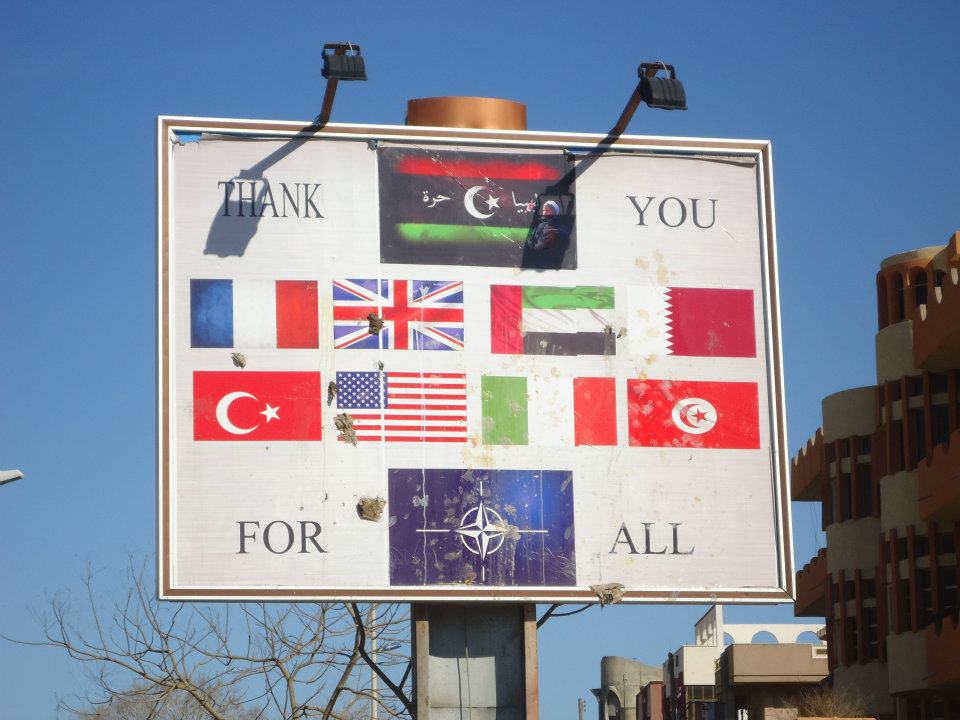By Ashraf Abdul Wahab

Tripoli, 1 November:
Egypt’s trade tsar in Libya, Nasser Ibrahim, talks to Libya Herald about synergies between Libyan and . . .[restrict]Egyptian traders, investors and businessmen.
What is the role of the Egyptian trade representation office in Libya?
The Egyptian trade representation office in Libya is a part of the Egyptian Embassy. Its task is to overcome any difficulties faced by Libyan and Egyptian businessmen or investors planning to do business in the other country. This office provides all information and technical help for both the Egyptian and Libyan sides; this is a key and integral role for any trade office.
The office has two main objectives. One is to assist Libyan businessmen and traders who want to invest in Egypt, and the other is to assist Egyptian businessmen who plan to invest in Libya. The office can provide either party with all the information and advice to help them start their businesses, trade or investments either in Egypt or Libya.
Is your role informative only? Or do you also give technical and legal support?
The informative role covers the technical one. For example, the businessman or investor who intends to establish a trade business with Egypt, will want to import or export. He will, therefore, need knowledge of Egyptian legislation, so he can do his business without violating any laws. Providing information about all such necessary procedures and regulations, is both an informative and technical role. We do the same for the Libyan businessman intending to invest in Egypt. We tell him about the procedures and documents required to start the business, and where to get the necessary approval for a certain kind of business.
For Egyptian investors we do the same. If an Egyptian investor plans to start an import or export business we inform him about the associated laws, procedures and restrictions. These include customs rates, necessary documents, customs clearance methods, and useful Libyan contacts or bodies with whom to deal. Then the office connects the two sides. We give full and accurate information, to avoid any problems or obstacles that may hinder trade traffic between the two countries.
Do you serve the companies only, or do you also give services and consultancies to labourers and manpower?
For labourers and other forms of manpower, there is the Egyptian labour office which is headed by my colleague, the labour consultant. If this office receives any applications from labourers in different sectors, it transfers them to the Egyptian ministry of manpower and emigration. Then employment opportunities are given according to requirements and conditions.
We heard there has been a 600 % increase in trade volume between Libya and Egypt compared to last year. Has the Egyptian trade representation office contributed to that growth?
The media confirm this and we hope it is true. For the trade representation office, either the Egyptian office in Libya or the Libyan one in Cairo, our main task is to support trade ties between the two countries. We work for the benefit of Egyptian citizens and manufacturers as the Libyan office works for the benefit of its citizens. It is well known that increases in trade volume between two countries also have an impact on the needs of individual citizens. I hope it really has increased as this would mean that we have successfully covered the needs of our people in Egypt and Libya and the trade office has guided businessmen and traders in the right direction.
Do you offer services for individuals, personally not commercially? For example if someone wants to buy a certain product for a personal use, do you offer any recommendations?
Officially we deal with government representatives, such as the ministry of economy and the ministry of finance, and businessmen. Yet on the personal side we help Libyan citizens as much as we can with any inquiries they may have and we are happy to do that.
Do you have a record for the Egyptian companies working with the Libyan side?
Yes, we have a record issued by the Libyan authorities. When an Egyptian company wants to open a branch in Libya we inform them about all the required documents and procedures for getting approval to open a foreign company in Libya, which are put in place by the Libyan authorities. Once these requirements have been fulfilled, documents submitted and licences granted, then we are told that this particular company has been accepted and opened a branch in Libya on a given date and under a specific licence number. After that, we follow up with the company to help overcome any difficulties or obstacles they may encounter, either in the trade representation office or with the Libyan ministry of economy. We constantly cooperate to increase the number of Egyptian companies in Libya, and vice versa.
Do you have a record for the Egyptian companies that have synergies with Libya?
We only have the records that are given by the official Libyan authorities. We have to respect the laws of the country so we cannot register a company that is not officially accepted because they have not met the legal requirements. In this case we advise them to leave the country.
What are the most important achievements for the Egyptian trade representation office in Libya?
It is difficult to count these achievements. What is more important is that the role of a trade representation office is to help in streamlining the trade synergies between the two countries. Following up with new companies is also important. We also inform the relevant companies in Egypt about any international tenders and, therefore, encourage Egyptian companies to bid for such tenders. We provide them with all the support they need to apply for these projects.
What is the target plan for the Egyptian trade representation office in Libya?
We already had a plan, which unfortunately we had to postpone. With the current positive situation we hope to reactivate this plan, especially after the Arab Spring revolutions. The plan includes extending the Egyptian trade representation’s economic activities and fields. We have also sought to adopt conformity certificates between the two countries to facilitate and streamline the trade traffic between businessmen and traders in both countries.
It is also very important to comply with signed agreements either between Egypt and Libya or within the Greater Arab Free Trade Area in the coming period, as these agreements will provide the goods at reasonable prices without extra charges for the citizens. To complement this system there has to be a unified customs centre to facilitate transition.
This centre will not only be restricted to trade activities. It will save time for travellers, most of whom spend half a day in the Libyan customs centre while the Egyptian customs centre consumes the other half of the day. Some goods are perishable so delays may cause more loss and the businessman or trader has to increase the price to offset this loss. This is a big burden for the consumer. Disruption in both customs centres is unjustified and unnecessary and it is better to pass the product easily to reduce losses and keep prices lower for both Egyptians and Libyans.
Have you had complaints from any Libyan authorities regarding delays of transit goods via Egypt?
These are common problems that have remarkably increased nowadays compared to previous periods. Congestion at the customs centres either at the Egyptian Assaloum gate or the Libyan Imsaaed one, is the main cause.
Road security is also a big issue in both countries and we appreciate the efforts of the policemen in Egypt and Libya in that regard. Both countries have suffered from a period of security breakdown and we see great efforts on both sides to reinstate security as before, especially with the new Libyan government which will be strong. [/restrict]








